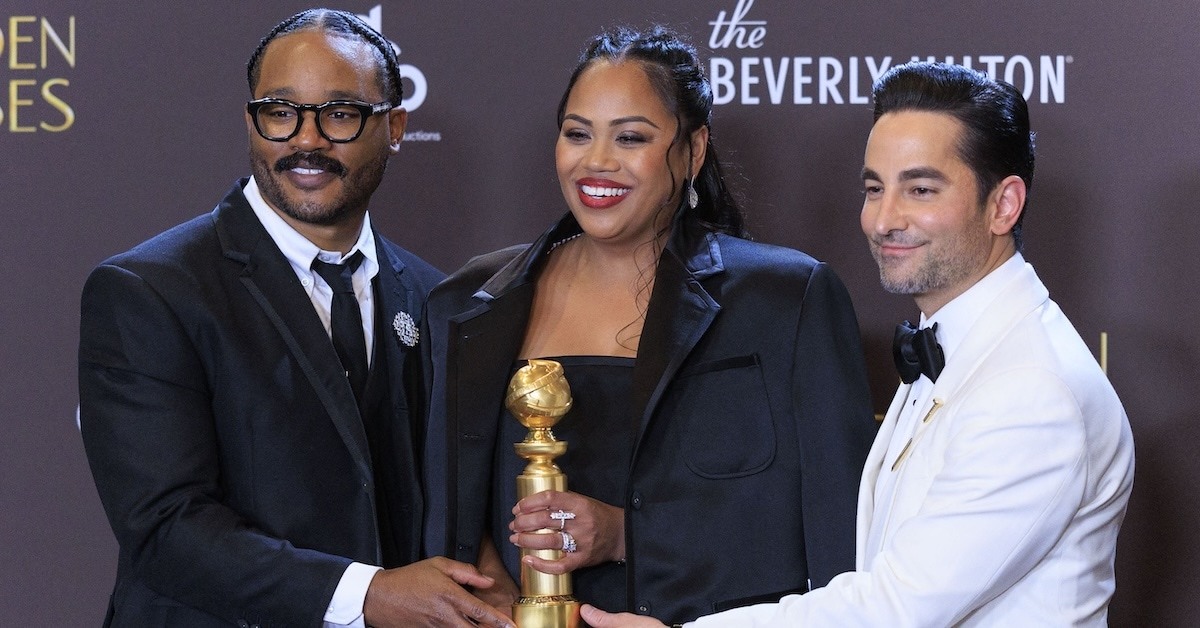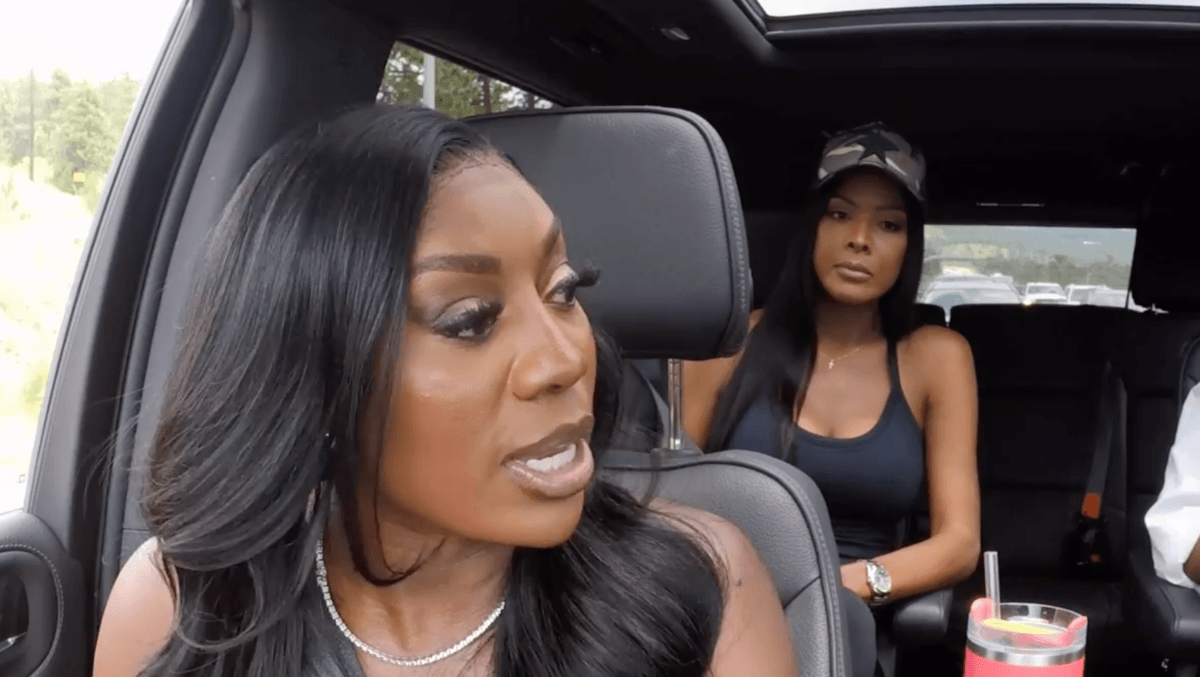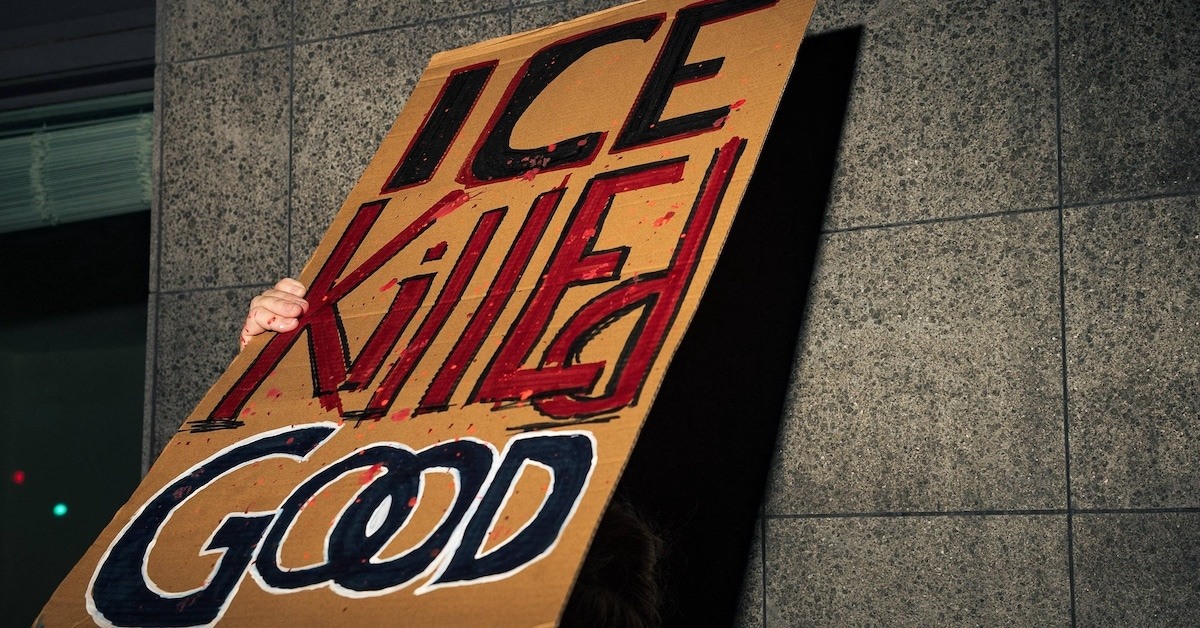BY: Walker
Published 3 years ago

The Supreme Court on Friday dashed President Joe Biden’s plan to wipe out student loan debt for 26 million Americans.
via: NBC News
The justices, divided 6-3 on ideological lines, ruled in one of two cases that the program was an unlawful exercise of presidential power because it had not been explicitly approved by Congress.
The court rejected the Biden administration’s arguments that the plan was lawful under a 2003 law called the Higher Education Relief Opportunities for Students Act, or HEROES Act. The law says the government can provide relief to recipients of student loans when there is a “national emergency,” allowing it to act to ensure people are not in “a worse position financially” as a result of the emergency.
Chief Justice John Roberts said the HEROES Act language was not specific enough, writing that the court’s precedent “requires that Congress speak clearly before a department secretary can unilaterally alter large sections of the American economy.”
The plan, which would have allowed eligible borrowers to cancel up to $20,000 in debt and would have cost more than $400 billion, has been blocked since the 8th U.S. Circuit Court of Appeals issued a temporary hold in October.
About 43 million Americans would have been eligible to participate.
The student loan proposal is important politically to Biden, as tackling student loan debt was a key pledge he made on the campaign trail in 2020 to energize younger voters.
The ruling will immediately put pressure on the Biden administration to find an alternative avenue to forgive student debt that could potentially withstand legal challenge.
Advocates, as well as some Democrats in Congress, say the Education Department has broad power to forgive student loan debt under the 1965 Higher Education Act, a different law to the one at issue in the Supreme Court cases.
Separately, the student loan repayment process is set to begin again at the end of August after having been put on pause during the Covid-19 pandemic, although first payments will not be due until October.
The court considered two cases: one brought by six states, including Missouri, and the other brought by two people who hold student loan debt, Myra Brown and Alexander Taylor. The court ruled that the program was unlawful in the case brought by states but found in the second case that the challengers did not have legal standing.
The three liberal justices on the conservative-majority bench dissented, with Justice Elena Kagan saying that by ruling against the plan, the court had “exceeded its proper limited role in our nation’s governance.”
She said the states bringing the challenge did not have legal standing to even bring the case, and in analyzing HEROES Act, the conservative justices ignored the clear language of the law.
“The result here is that the court substitutes itself for Congress and the executive branch in making national policy about student-loan forgiveness,” Kagan wrote.
The court decided the case in part based on a legal argument made by the challengers that the conservative majority has recently embraced called the “major questions doctrine.”
Under the theory, federal agencies cannot initiate sweeping new policies that have significant economic impacts without having express authorization from Congress.
The conservative majority cited the major questions doctrine last year in blocking Biden’s Covid vaccination-or-test requirement for larger businesses and curbing the authority of the Environmental Protection Agency to limit carbon emissions from power plants.
The challengers argued that the administration’s proposal — announced by Biden in August and originally scheduled to take effect last fall — violated the Constitution and federal law, partly because it circumvented Congress, which they said has the sole power to create laws related to student loan forgiveness.
Biden had proposed canceling student loan debt during the 2020 presidential election campaign.
The administration ultimately proposed forgiving up to $10,000 in debt for borrowers earning less than $125,000 a year (or couples who file taxes jointly and earn less than $250,000 annually). Pell Grant recipients, who are the majority of borrowers, would be eligible for $10,000 more in debt relief.
The administration closed the application process after the plan was blocked. Holders of student loan debt currently do not have to make payments as part of Covid relief measures that will remain in effect until after the Supreme Court issues its ruling.
The nonpartisan Congressional Budget Office estimated in September that Biden’s plan would cost $400 billion.










